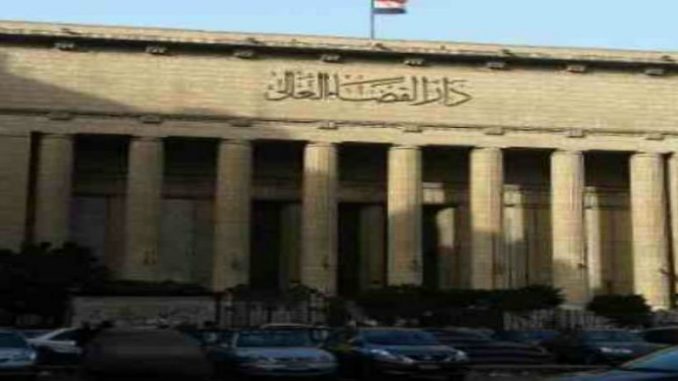
Abdel Fattah Al-Sisi has ratified legal amendments that allow him to make judicial appointments to its top courts, a move judges said would erode the independence of the judicial system.
The Egyptian parliament passed the amendments on Wednesday but some judges had called on Al-Sisi to hold off on ratifying them, calling the amendments an unconstitutional breach of separation of powers.
However, the amendments were issued on Thursday in the official gazette, formally passing them into law.
Al-Sisi was elected in 2014 after leading a bloody military coup in 2013 that overthrew of Egypt’s first democratically elected President Mohammed Morsi,
Since he reached power, the military regime led a massive crackdown and suppressed political opposition, journalists, activists, and human rights groups.
In the same context, Egypt’s judiciary, which has long enjoyed a certain degree of independence, revealed that a crackdown on the judiciary has also started in 2014 after al-Sisi aimed at bringing it under tighter government control.
Moreover, the new law in question, Law No. 13 for the year 2017 included amendments to the regulations of the Administrative Prosecution Authority, Law of the State Commission, the Judicial Authority Law and the State Council Law.
The law gives al-Sisi the right to choose the head of each judicial body out of three deputies nominated by the General Assembly of the body.
The new draft law stipulates that the President would appoint the heads of the judiciary authorities, choosing from among the three vice-chairmen of each judicial body, nominated by the supreme council of that body from among the seven oldest deputies.
In fact, this is a departure from the old system, in which leadership generally passed to the court’s most senior member and the president signed off in a largely ceremonial role.
As a result, Egypt’s judges club, an informal professional association, said it would hold an emergency meeting on May 5 to discuss how to move forward after parliament passed the law. It called on Al-Sisi at the time not to ratify it.
On the other hand, the supporters of the amendments say they are necessary to strengthen Al-Sisi’s authority on critical issues such as combating militants.



